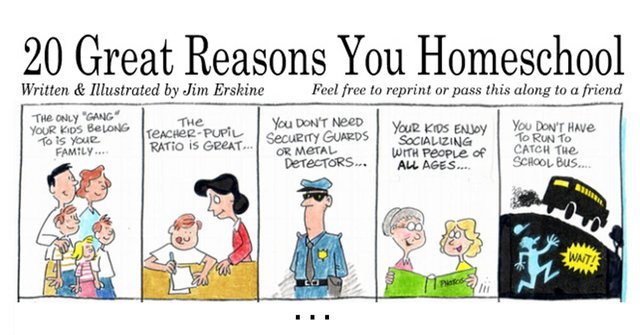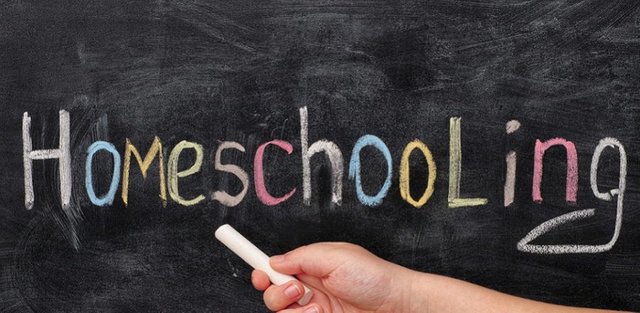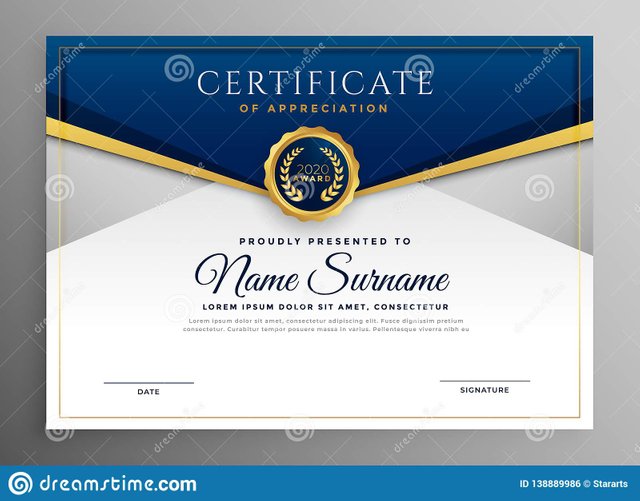Why decide to homeschooling - share ideas with community
Hello dear friends of steem.skillshare,
Today, I would like to share with you some thought I got recently about the homeschooling path we decided to let our son follow during this pandemic pantomime.
This is not the first post about this specific topic, and if you are interested, I could recap here:
- https://steemit.com/hive-197809/@steempod/home-schooling-ideas-and-opinions
- https://steemit.com/hive-197809/@steempod/home-schooling-possible-downsides
I really hope you could share with me your ideas as well about this topic if you wish.
Homeschooling main reasons
This is a list I share with you of the main reasons that could lead for you to decide to start a homeschooling experience for you, and your kids different from the COVID school restrictions.
There are three main reasons why families decide to personally educate their children:
- Religious reasons.
- Growing dissatisfaction with the school system.
- Inability to find a valid school near your home.
After many researches online and offline, I repeat different from covid, these are the 3 macro reasons, under these I could add:
- Greater freedom - some families prefer to personally manage time with their children without being subject to schedules imposed by outsiders.
- Respect your child's individuality - not everyone learns at the same pace and ed. parental offers the opportunity to follow the times of the individual.
- Avoiding Violence - Every day we can read more and more disconcerting cases of bullying in the newspapers.
- Avoiding group social pressures - smoking, drugs, early sex are just a few examples.
- Gaining Better Social Skills and Competence - Parental education enables children to live in society and connects them with people of different ages and status every day.
- Rapid progress in all areas of study.
- More time to create a strong family bond : thanks to the ed. parental, you can stay with your children when they are rested and free from "homework", not just back from school or on weekends.
- Tackling and deepening topics that are usually not carried out in school - for example practicing bi / tri linguism, music, art, etc ...
- Allow the child to devote himself to the study in a complete way (without time / space barriers) and with a concentration that is difficult to obtain in the "class" where there are numerous distractions.
- Allowing the child to live a more natural life, outdoors, in contact with nature and its rhythms, seasons, climate changes. This means that the child can be more physically active and therefore healthier.
- Allowing the child to organize himself personally, deciding his own pace. In the "class", schoolchildren are constantly occupied, this results in children who are often inactive and bored, always looking for an external stimulus.
- Children educated in the family learn to manage daily activities (cleaning, cooking ...) by observing their parents naturally. They help a lot in the family and this makes them responsible.
- Children who are educated in the home learn for personal satisfaction, not for a reward / good grade from the outside. They also learn to self-judge the quality of their work.
- Family-educated children have a more diverse circle of friends which includes children of different ages and adults, social interactions occur by personal choice and are based on personal interests.
Parents responsibility
I would like to write an extra section because I think that the education of my son cannot be delegated, and parental education allows us to reflect on the true meaning of being a parent and having responsibility for another person's life.
Many people believe that education is for finding a job, for solving problems, for learning to cope with difficult situations or even for gaining a social life. In a limiting way we could say that to achieve these goals we need to draw our knowledge from a pre-packaged box of knowledge, created by people strangers to us and pass tests that testify our abilities.
It is certain that to reach certain job positions you need written qualifications, but these specialization qualifications are obtained at universities, foreign colleges, or through specialization courses. Can we therefore say that the 6-18 year old school system is used to find a job or to be able to enroll in a university / specialization course?
Few realize that it is not necessary to follow the "traditional" system (primary-secondary of first and second grade) to enroll in university. Many universities welcome home-educated children with open arms as they are often more mature and motivated, this happens more and more often. There is no valid reason why education should start at 6 and finish at 16. For example, in England, university entrance exams (GCSE) can be taken at any age. Furthermore, let's not forget the online university and specialization courses.
In most cases, we send our children to school to get that piece of paper that testifies to their participation in the lessons. Unfortunately, this piece of paper has less and less importance in today's society. Much of what children learn in school is forgotten or irrelevant in their adult life.
So does education mean getting "pieces of paper"? What is education, really? Does it serve to cancel critical thinking? Does it serve to create loyal and respectful citizens of the current government? Does it serve to ensure that everyone has the same baggage of information? No, I don't think people believe this is education, many of us would say that educating means preparing kids for a healthy adult life.
Does the school system achieve this goal? To answer, we must ask ourselves what it means to “be prepared for an adult life” or even what it means to “be a successful adult”. Being successful means realizing yourself by achieving your goals. A successful adult achieves their goals. So the first thing a child should learn is how to set a goal and try to reach it, how to make decisions or find out which moral values are important to him and which he wants to make his own. Unfortunately, the school system does not have these priorities: it does not teach children to be independent and to think for themselves. Nowadays, what matters most are grades and certificates. Teachers can no longer teach what really matters, unfortunately they have to teach how to "pass exams", to give the "right" answers to get the highest grades. Is this education? I do not believe.




Thank you for interesting topic on Steem SkillShare. Do you think you can organise an online webinar
If someone is interested, why not